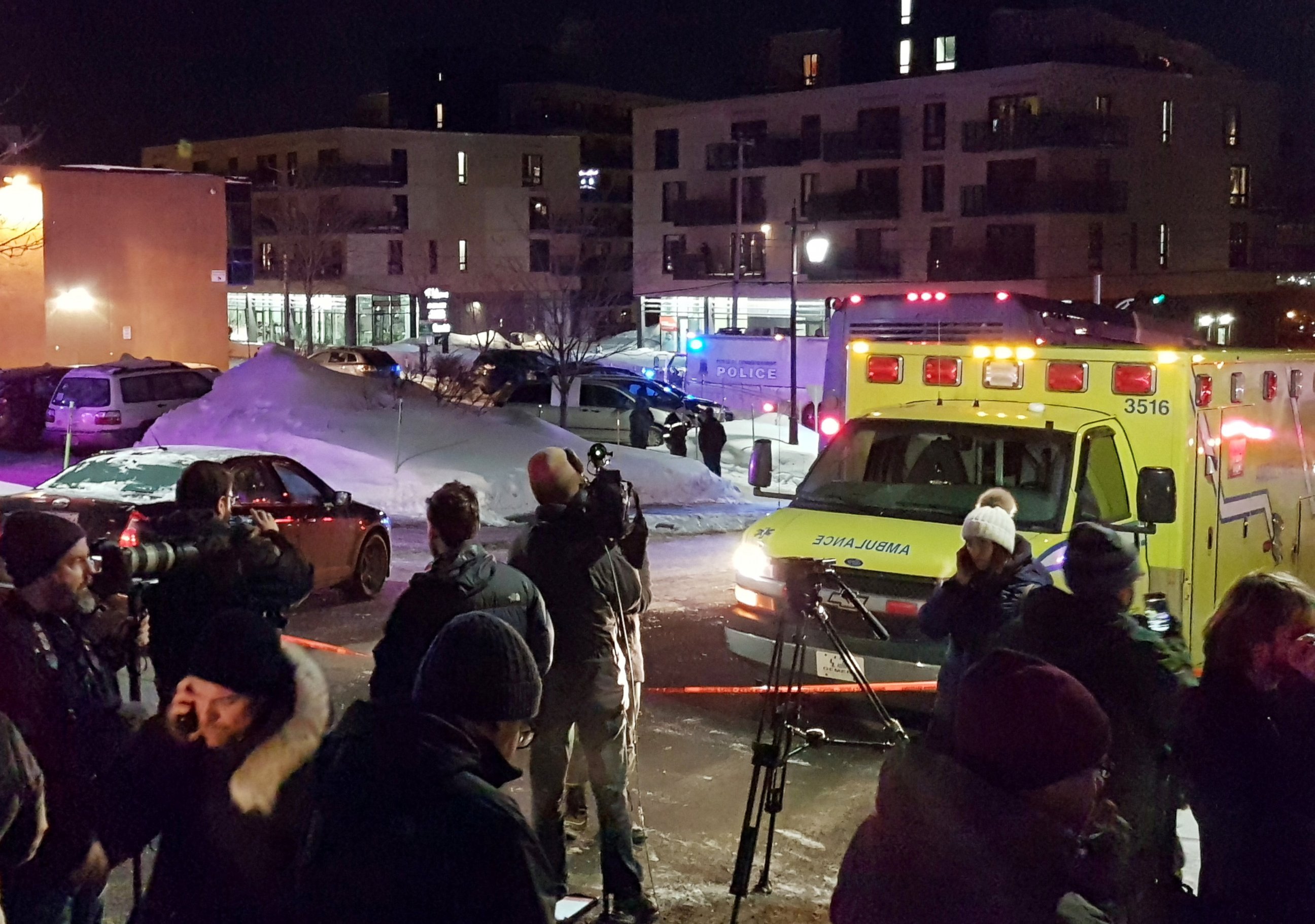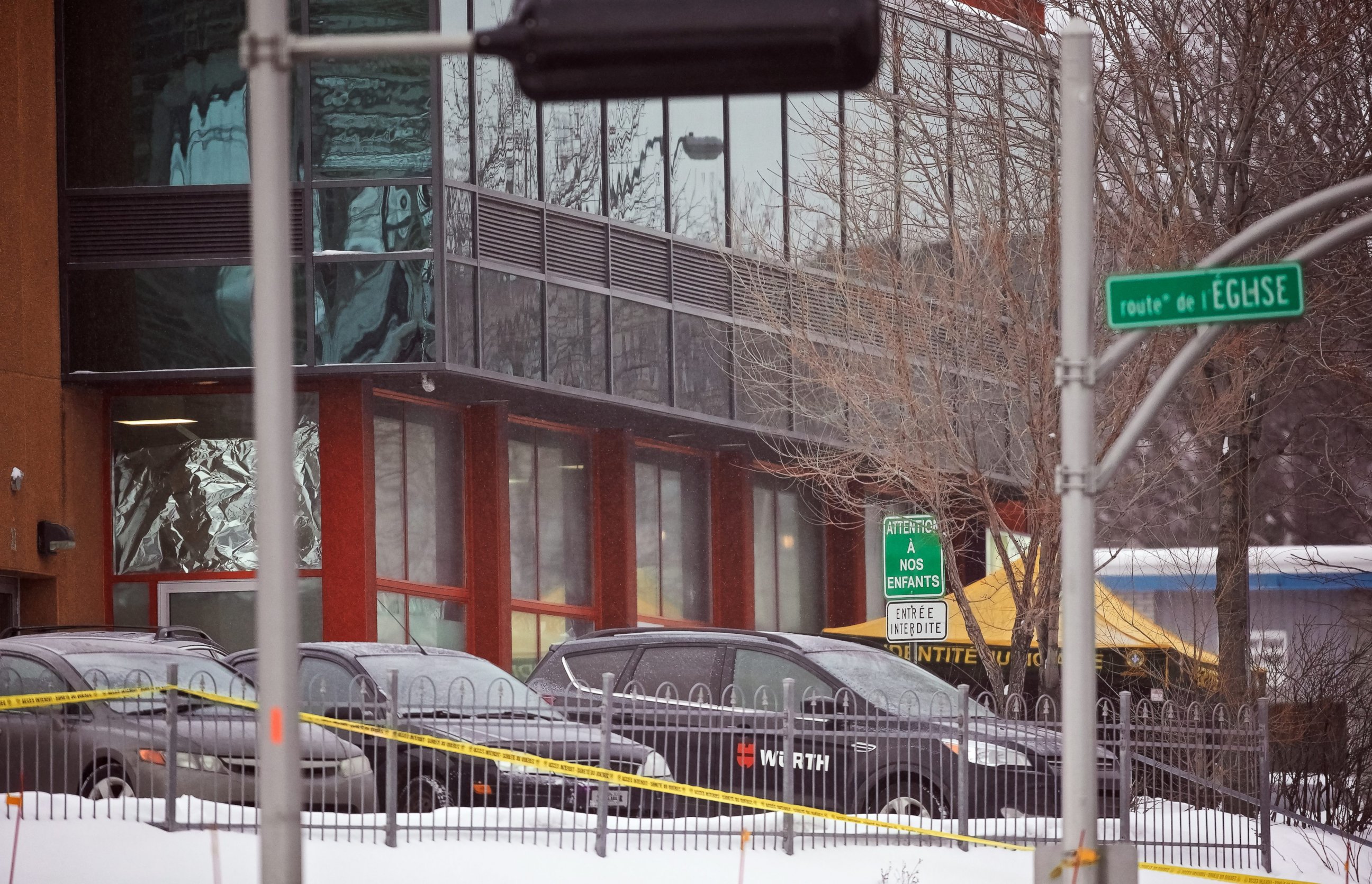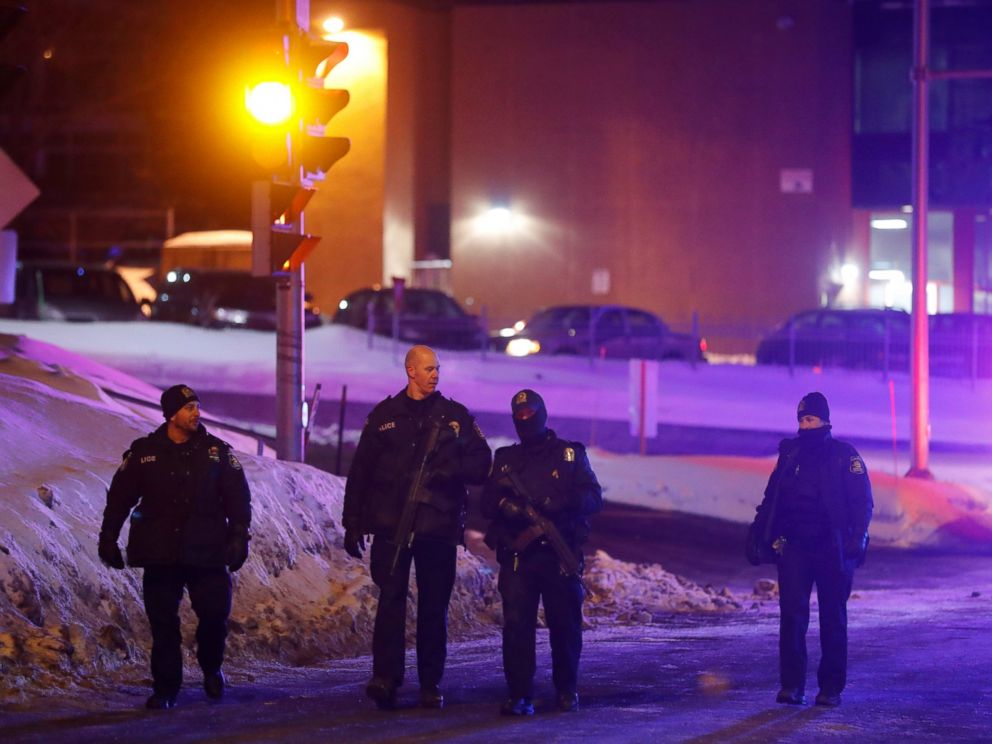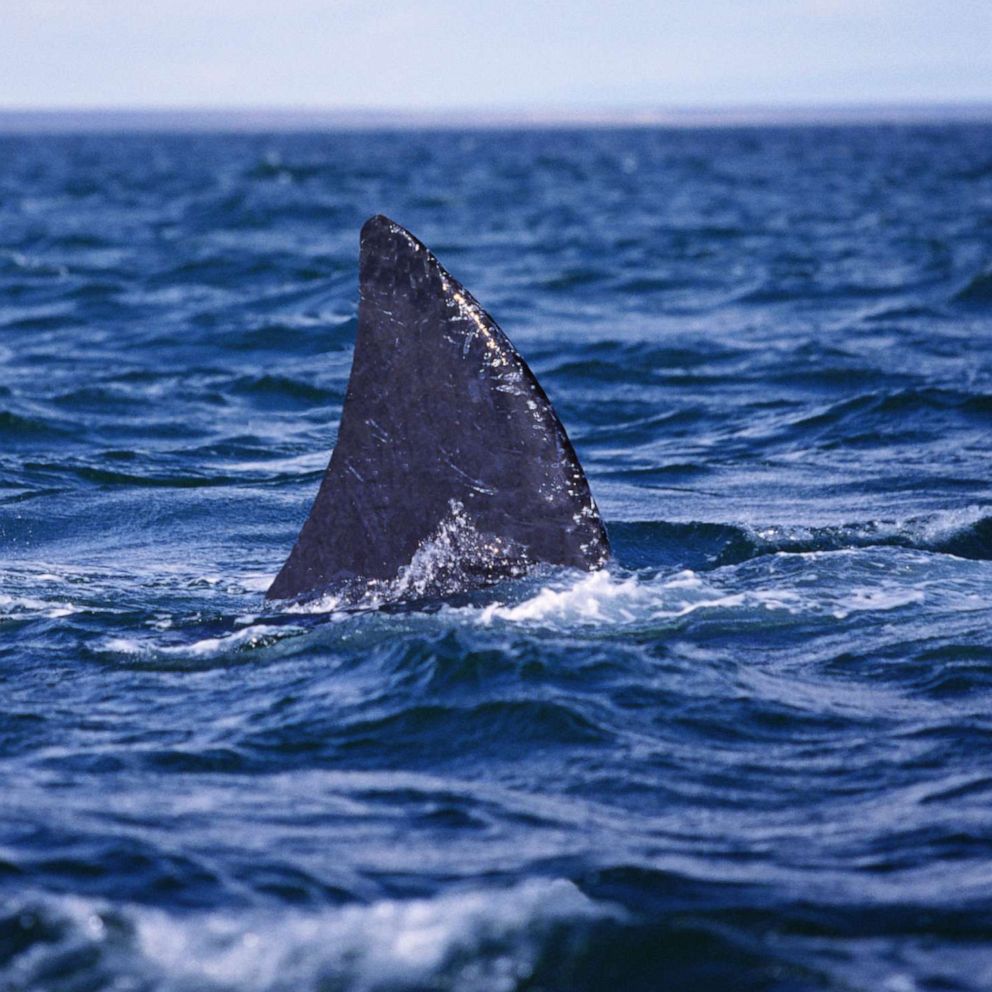Suspect ID'd in Quebec City Mosque Shooting; Motive Not Clear
Six were killed in the shooting.
— -- Alexandre Bissonnette, the suspect in a shooting at a Quebec City mosque Sunday night that killed six people, has been charged with six counts of murder and five counts of attempted murder, the Royal Canadian Mounted Police said.
Bissonnette studied at Quebec City's Université Laval, according to the university. The university in a statement condemned the attack and said it has offered full cooperation to police in the investigation.
Bissonnette has been suspended pending the judicial process, the university added.
Jean-Michel Allard-Prus, a former classmate of Bissonnette at Université Laval, told ABC News that the two discussed politics together, including the U.S. presidential election; he described Bissonnette as "a political conservative" who had anti-immigrant views.
"I had discussions with him on social media and in private," Allard-Prus told ABC News. "Though he never talked about using political violence."
A group that welcomes Syrian refugees to Quebec called "Welcome Refugees" wrote on Facebook that Bissonnette had trolled the group on social media with comments supporting the anti-immigration French nationalist leader Marine Le Pen.

The motive for the attack at the Quebec Islamic Cultural Centre was not clear, and police said the investigation was ongoing.

All of the victims from the Sunday night shooting were men between the ages of 39 and 60, police said. Their names were released by the coroner's office: Abdelkrim Hassane, Aboubaker Thabti, Azzeddine Soufiane, Mamadou Tanou Barry, Ibrahima Barry and Khaled Belkacemi. Belkacemi was a professor at Université Laval, according to the university.
The Eiffel Tower went dark at midnight local time as a tribute to the victims.
Hospital officials said this morning that of the five injured in the shooting, one person has already been released from the hospital and two people are expected to be released today. Two victims remain in the hospital in critical condition.
The mosque shooting comes two days after President Donald Trump's Friday travel ban affecting people from seven predominately Muslim countries, and one day after Canadian Prime Minister Justin Trudeau tweeted on Saturday, "To those fleeing persecution, terror & war, Canadians will welcome you, regardless of your faith."
Trudeau called the mosque shooting a "terrorist attack on Muslims."
"While authorities are still investigating and details continue to be confirmed, it is heart-wrenching to see such senseless violence. Diversity is our strength, and religious tolerance is a value that we, as Canadians, hold dear," Trudeau said in a statement. "Muslim-Canadians are an important part of our national fabric, and these senseless acts have no place in our communities, cities and country."
Trump called Trudeau Monday morning to express his condolences and offer assistance, according to Trudeau’s office.
White House press secretary Sean Spicer said Monday the U.S. condemns the attack, adding that it's a reminder of why the U.S. remains vigilant and why the U.S. must be proactive instead of reactive when it comes to national security.
Addressing Canada’s parliament Monday, Trudeau said, "To the more than 1 million Canadians who profess the Muslim faith, I want to say directly: We are with you. Thirty-six million hearts are breaking with yours."
"We will get to the bottom of this," Trudeau added. "Canadians will not be intimidated. We will not meet violence with more violence. We will meet fear and hatred with love and compassion, always."
Philippe Couillard, premier of Quebec, who also called the shooting terrorism, vowed to stand with Muslims in the community, adding that Quebec should not withdraw as a result of such violence and become a closed society because of the shooting, and should instead continue to welcome everyone.
Quebec police said Monday morning that all local mosques have increased security.

ABC News' Mike del Moro, Ben Gittleson, Rachel Katz and Rex Sakamoto contributed to this report.




